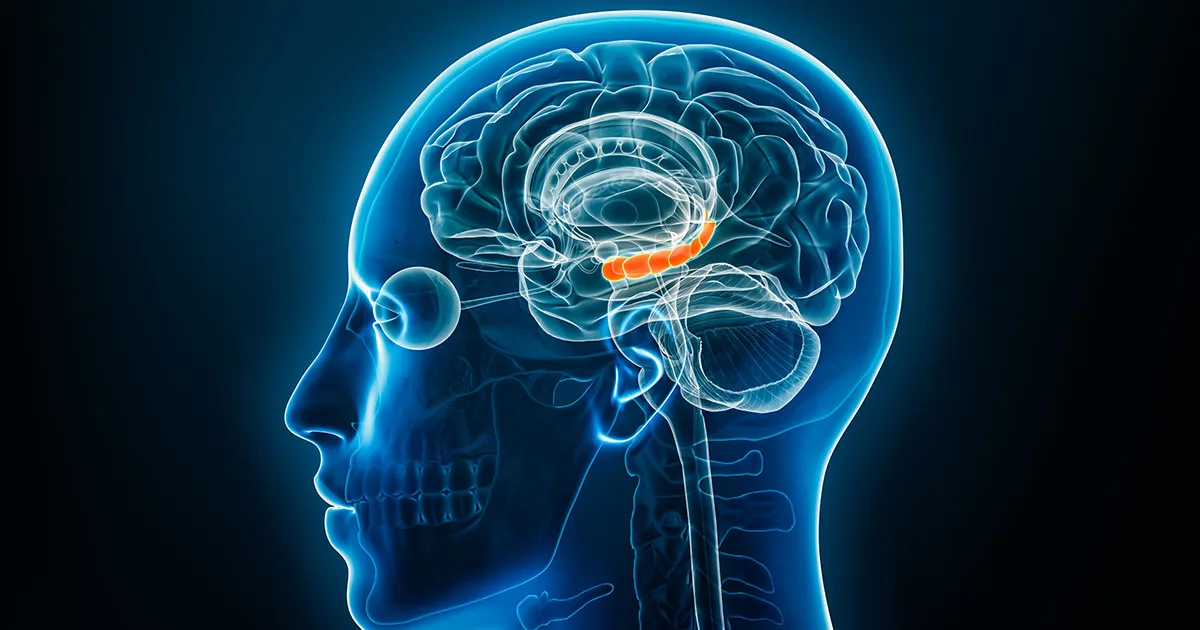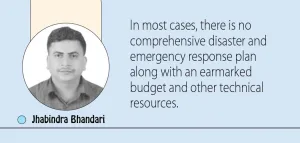Unlocking Childhood Memory: The Hippocampus Holds the Key
Ever wondered how children develop and retain memories? A new study sheds light on the crucial role of the hippocampus, a key brain structure, and its intricate connections to the cortex. This research highlights how the hippocampus’s unique gradient and its links with different cortical systems are fundamental for memory development in children.
The Hippocampal Gradient: A Memory Architect
The study emphasizes the significance of the hippocampal gradient. But what exactly is it? Think of it as a specialized organization within the hippocampus, where different regions are responsible for different aspects of memory processing. This gradient allows for a nuanced and efficient way to encode, store, and retrieve information.
Cortex Connections: The Hippocampus’s Network
The hippocampus doesn’t work in isolation. It’s heavily connected to various regions of the cortex, the brain’s outer layer responsible for higher-level cognitive functions. These connections are vital for integrating memories with other information, such as sensory experiences and emotions.
How These Connections Impact Memory
- Encoding: The connections help in converting new experiences into a format that the brain can store.
- Storage: They facilitate the long-term storage of memories, allowing children to recall events and facts later on.
- Retrieval: The connections are crucial for accessing and bringing memories back to conscious awareness.
Implications for Understanding Memory Development
Understanding the role of the hippocampal gradient and its cortical connections has significant implications for understanding how memory develops in children. It can also provide insights into:
- Learning disabilities.
- Memory disorders.
- Developing interventions to support memory development in children facing challenges.
Final Words: A Foundation for Future Research
This study provides a valuable foundation for future research into the complexities of memory development. By further exploring the hippocampus and its connections, scientists can gain a deeper understanding of how children learn and remember, ultimately leading to improved educational strategies and interventions for memory-related issues.




+ There are no comments
Add yours